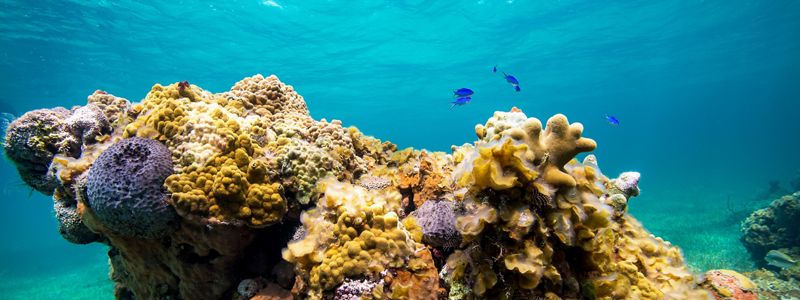Sustainable Solutions in the Caribbean: TNC’s Ridge to Reef Initiatives
How Puerto Rico Del Monte Al Mar is improving water quality in the coastal town of Yabucoa.
The Caribbean is renowned for its breathtaking beaches, vibrant cultures, and rich biodiversity. However, this region is also highly vulnerable to hurricanes and storms, which can cause extensive damage to the communities that live there. Hurricane Beryl, a Category 5 hurricane, recently ravaged the region causing extensive storm surge, intense wind, and devastation for locals. In response to increasingly strong storms, there has been a growing focus on sustainable infrastructure initiatives that protect against natural disasters and promote environmental resilience. This includes building hurricane-resistant homes and reinforcing natural coastal defenses such as mangroves, coral reefs, and wetlands. By investing in such infrastructure, communities can reduce their vulnerability to storms, ensuring they can recover with fewer resources.
The Nature Conservancy and its partners strive to protect critical natural ecosystems such as Mangroves, Wetlands, and Coral Reefs to leverage their power to protect local communities. These natural tools not only absorb the energy of incoming waves, but also reduce coastal erosion, improve water quality, and much more. TNC’s Ridge to Reef initiatives focus on the more sustainable management of entire ecosystems, from the region’s mountains to its oceans. By adopting this approach, TNC aims to enhance the resilience of both natural and human systems in the Caribbean and help protect its natural beauty for generations to come.
For the people of Puerto Rico, contaminated runoff in waterways has proven to be a significant problem. Watershed management on the island is not only an important issue, but even a source of controversy. When TNC introduced the idea of a watershed mapping workshop to the community of Yabucoa as part of its Del Monte al Mar project in June, landholders felt that this project could be the answer to some longstanding water use issues in the community. The importance of protecting the area’s water health and quality is paramount as the livelihoods of many community members depend on the area’s sugar exports. Proper management and maintenance of watersheds have proven to improve flood control by maintaining natural vegetation and wetlands, helping reduce soil erosion, and maintaining the fertility of agricultural lands.
Quote: Tania Metz
"Water quality and supply are critical concerns for small islands like Puerto Rico, especially with the looming threat of climate change. Through meetings, webinars, site visits, thousands of people have learned how what happens in the mountains affects their resources and the value of watersheds."
On June 25th, 2024 over thirty attendees had the opportunity to map nearby watersheds and learn about the positive impacts that having clean water flow and drainage areas can have for their community at an educational meeting and detailed mapping sessions with experts. With the help of Del Monte Al Mar, this community in Puerto Rico has more of the knowledge and tools it needs to continue to improve its watershed management system, ocean conservation efforts, and quality of life.
As a learning network that unites local communities, Del Monte Al Mar allows government agencies and other nonprofit groups to share data-driven strategies for freshwater conservation in Puerto Rico. It aims to strengthen local design and implement effective practices to control sources of land pollution and watersheds, particularly those that impact marine protected areas. The team also helps conduct water quality monitoring programs in the Isla Verde Marine Reserve, a water replenishment project in Rio Guayanés and coordinates a seaweed aquaculture program with local businesses.
Implementing resilient building techniques and natural infrastructure could significantly lessen the impact of future storms. Hurricane Beryl, a category 4 hurricane, caused widespread devastation. In the aftermath of Beryl, the importance of rebuilding with sustainable infrastructure has never been clearer. By prioritizing sustainability in reconstruction efforts, the Caribbean can create an environment capable of withstanding the increasing intensity of hurricanes. Through projects like Ridge to Reef, the region can better adapt to climate change while prioritizing environmental health and economic development.
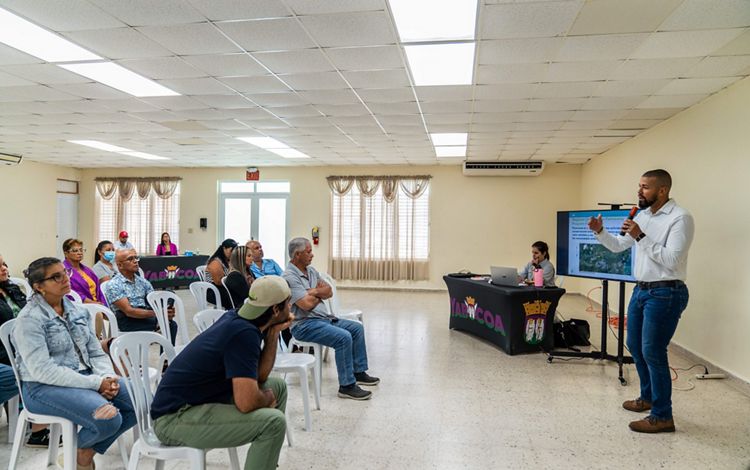
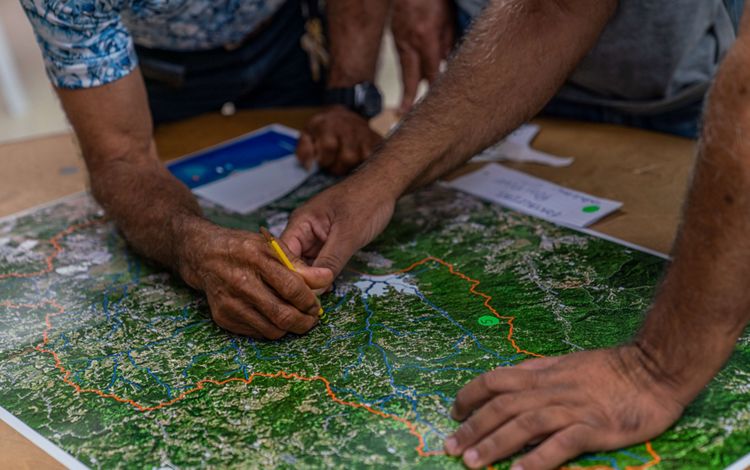
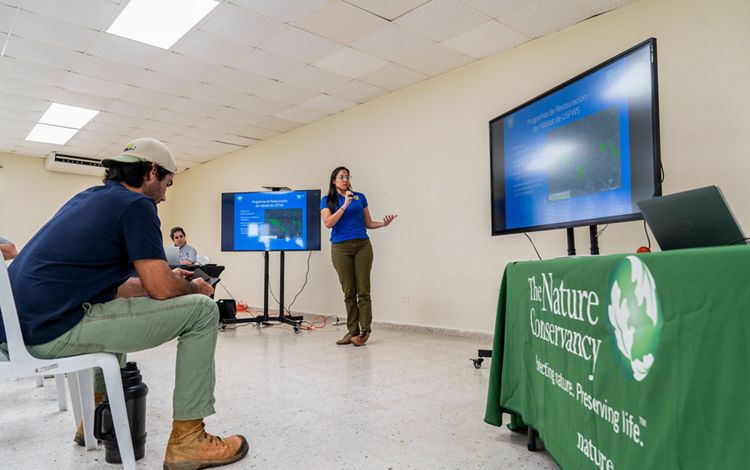
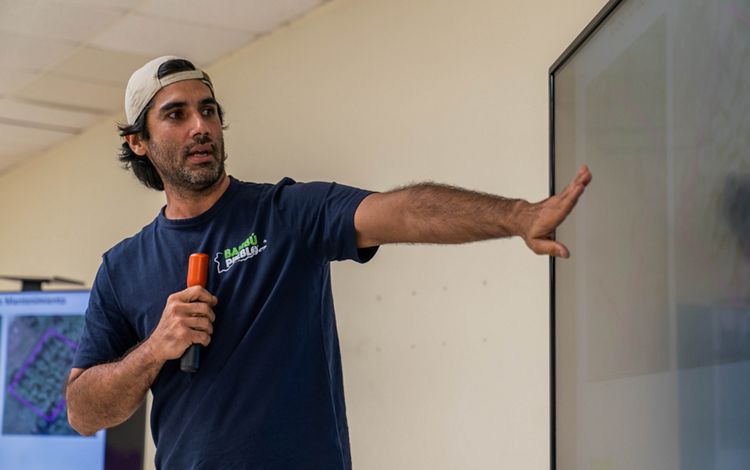
We Can’t Save Nature Without You
Sign up to receive monthly conservation news and updates from the Caribbean.
